Dzieje Apostolskie
It is said that the wedding is for the bride and groom, while the reception is for the family. There is something in this. The organisation though, of a wedding party is also a lesson in family dialogue, compromise and being able to negotiate.
Katarzyna Kolska: It is highly probable that the wedding couple will first book a place for the wedding before they come to book a Nuptial Mass at the church. Does this sequence mean anything in particular, or is it simply a sign of the times?
Maciej Soszyński OP: There’s nothing wrong in first thinking about a place first for statistically, this is more difficult than finding a church. Moreover, the care taken with the wedding celebration afterwards also reflects the special meaning of this event – that we wish to give it a unique, celebratory character. If we look at the history of various civilisations and societies, we can see that the moment of completing wedding vows was always very important and that the moment when a man and woman are joined in life is given the most special of ranks. At the same time we need to be careful, for a special rank is not the same as a religious one.
On the one hand we can really admire the loving care given in making sure every detail is right and that everything is beautiful, elegant, different, and unique but at times there is the impression that this loving care is greater when it comes to appearances, rather than a spiritual preparation for the acceptance of this sacrament.
I wouldn’t be so strict and wouldn’t condemn everything outright that shines and glitters, on the condition that it is an attempt to shout to all the world that something very important is about to happen in our life. The sacrament of marriage is a deep religious experience, linked to an enormous joy – that now together we shall embark on a new life. The problem occurs when the so called decorations are of the highest level but the awareness of the sacrament is at the level of a kindergarten, or is not at all present. Then just the form remains, without any contents. That is why we need to find a middle way.
I know couples that say the wedding party is not important. And when I hear such declarations I have to admit that I am somewhat distrustful. If minimalism is a result of someone wishing to experience this uniquely important moment – that’s fine. Sometimes though it is a form of snobbism – the four of us will do a wedding out of the public eye, but everyone shall find out about it.
Maybe the betrothed need to be made aware that when they say their marriage vows, not only does their life change but so too that of their kith and kin, who have a right to experience this celebratory occasion together.
It is said that the wedding is for the bride and groom, the celebration for the family. And there is something to this. The organisation though of the wedding party is also a lesson in dialogue, compromise and being able to communicate. Maybe in this particular family there were never events up to now that had to set such forces into motion. Maybe this family did not meet at all. And suddenly there’s a need to organise an event, collect everyone…
Some of whom we have never seen before…
And some of whom we harbour various emotions, various feelings. Sometimes the wedding and the celebration afterwards open a wound, for example it might be necessary to piece together the parents’ broken marriage of the bride or groom.
I am not an expert at organising wedding parties but it seems that it’s a task for two sides. And it really is not worth making a fuss about the fine detail. Maybe in some cases the father of the bride was never present in the real sense and didn’t have much to say but now thinks that since it’s the wedding of my daughter, then I shall make sure I have my own way.
He knows that he hasn’t been the best of fathers but at his daughter’s wedding he will be the best organiser, will do everything to the best. Naturally, this can really make his daughter angry – who has a right to ask Where have you been all these years, though I do not think it is the best moment to point out the lack of parenting. The wedding party is also an enormous lesson for parents – so that they learn to respect their children’s wishes.
So let them invite guests not only from the family circle but also friends, those important to them – with whom they will have a good time. The best wedding parties are those where people know each other and are happy for the newlyweds and the joy that embraces them.
Does Father also speak about alcohol with the betrothed preparing for the wedding?
No, I don’t demonise alcohol as an issue – maybe because at weddings where I took part I never saw anyone drunk senseless. Though I know that in various places these receptions can vary enormously. In my opinion the less joy there is in a person, the more external stimulants there need to be for this joy to occur.
And it’s obvious – the less a person knows the workings of their heart, the more they will be concerned with what’s on the outside. On the other hand, if a person experiences their marriage sacrament deeply as the joy of becoming one with their partner of life and entry to a new road, then the wedding reception will be a reflection of this.
Let’s return for a moment from the nuptial rite to the church. The wedding couple wish not only to influence how the reception is going to be, where it’s going to be, as well as how the benches will be decorated, what flowers are to be on the alter but also the procedures around the alter. What in this respect is worth arranging with the priest before the Nuptial Mass.
In preparing the liturgy of the wedding sacrament I meet with the betrothed so as to discuss various technical issues – but not only. We start from the most important, the liturgy of the sacrament. I show them what they can and should have a say in, and mark out specific tasks. For example I ask: What is your entrance into the church going to look like? For every entry symbolises something. The father can lead the bride. Usually though, the wedding couple wish that they be escorted in.
Liturgically this has a very deep significance because just as in the sacrament of christening, you stand at the doorway to the temple and wait for the priest who shall lead the child to the church, so too the nuptial pair stand at the dawn of the sacrament. They follow the priest not to model her wedding dress and his nuptial tails but rather, to show those gathered in the church – look, this is our day, this liturgy is our liturgy and we welcome all present to take part in it with us.
I also emphasise that they choose a text to read – for this is their liturgy of the word. In a moment after all, I’ll turn to them and say You have listened to God’s Word, reminded yourself of the meaning of human love. Thus I ask you, what be your decision? If they are to remind themselves of something, listen to something – they ought to prepare accordingly. I only stress that it be a reading from the Bible, because in the past someone wished to change it for a nice text of love. And this only means that this person does not understand what happens during this Mass. I am against all forms of whims when it comes to liturgy.
And for Father what is a sign of such whims?
For example the substitution of a psalm with some work of music. A psalm is not a flourish but an answer to the Word that is heard and it is a problem when the reply to the story of the creation of men and women in the Book of Genesis be for example, a fragment out of The Mission by Ennio Morricone.
What fragments of the Holy Scripture do wedding couples most often choose?
Usually this is Hymn to Love from chapter 13, St. Paul’s first letter to Corinthians. Sometimes they say won’t it be a bit silly – everyone has it at their wedding? So What? For every couple this letter has another resonance. So we can use this Letter to Corinthians? You can! People won’t be bored? They won’t be bored.
The liturgy of the word is an occasion to include those closest during the reading. Here, I’m absolutely firm – you need to find people, I won’t be reading. These can be your family, friends or witnesses.
I always ask always that the couple prepare a prayer of the faithful – for it is not to be from the list but especially for them and their closest ones. I say to them – give thought to your parents and who was important on your path to the altar. And find someone who shall read that challenging task.
Are there any other elements of the Mass that the bride and groom could have a say in, suggest to the priest or ones that the priest could propose so that the liturgy be different, more celebratory?
Different is not a good description. It’s important that it engages everyone and helps in making our religious life an active one. Among others, the wedding oath comes to mind, which should be learnt off by heart – not so much as to recite it on the wedding day but to become one with it, so in the future it be a constant companion in daily prayer and at the same time a ledger of conscience for love, faithfulness and honesty in marriage.
It is also worth caring about an appropriate musical backing, one without flights of fancy or whims. It ought not to be a concert but a small church choir that shall lead the singing.
Not everyone though knows such musicians – won’t an organist be enough?
Of course – as long as he plays work that is meant for the occasion. I am not a policeman in these matters and tolerate a great deal, but you can’t focus only on the work being lovely – foremost it ought to be liturgical. Does Mendelssohn’s March have to open proceedings? Most would say yes, it has to. I would say, not at all. Other works of music can be proposed.
Mendelssohn is tied to a certain tradition and let’s not pretend that traditions in our life are very important.
Agreed – worst still if the wedding becomes a tradition and we wed out of tradition.
And arrange a church wedding because that’s what mum, granny want, for that’s the right thing to do….?
At times alas, yes. There is also another reason – a deeper one. The need for sacralisation of the relationship. Sacralisation though is not equal to the sacrament, for it reaches to a higher force. A civil marriage conducted in the presence of an official is an expression of this sacralisation, but it does not carry the spirit or beauty of a church wedding.
Noone sets out for the Civil Records Office in a white wedding dress and long veil, whereas the church is an ideal place for this.
That is why a few years ago I came up with the idea that perhaps it would be worthwhile to have in every town a building reminiscent of a Baroque church, with high steps and official in period dress. I wouldn’t wish to offend anyone, but for some people that would be more than sufficient.
Is Father not somewhat trivialising the matter?
If for some the most important are stairs, carpets and decorations and if the wedding day marks a confession for the first and second time – well there is something amiss.
I would like to leave the matter of a confession to another time – now l’d like to raise the issue of money. Some say they cannot have a wedding for they don’t have the money.
In those situations I always ask what it is they don’t have money for – I can always give them a blessing for free. This is not an issue. Often in this situation they say they don’t have enough for the wedding party.
There are tall stories about how much you need to pay for a wedding in church.
Tall stories circulate because noone speaks of this. A bit like the proverbial skeleton in the cupboard. Everyone knows it’s there, but noone looks inside. It’s no skeleton though – but a small mouse. And as far as money is concerned, you need to ask yourself the question how much the Church expects or indeed demands. Let’s start by saying that the marriage sacrament is conducted during the Holy Mass, by the priest. According to the regulations of canonical law we know that an intention can be added to the Holy Mass, in which this mass is conducted. The Wedding Mass is thus conducted according to the intention of the nuptial couple.
The priest pays for his living from the intentions and donations that the faithful leave. If we look in the regulations of canonical law, we see that the tray passed around during various types of mass does not go towards the upkeep of the priest – but for the upkeep of the parish. And the priest does not have access to these funds. This is a so called minimum that is worth knowing, when we think about the matter of money in the church.
Often people do not realise this.
Exactly, and do not stop and think that the church needs heating and lighting, that it is necessary to pay the organist, the verger, someone to clean the church, to buy the Host, wine for the mass and flowers. Thinking along the lines that God provides everything for free in is a mistake. Of course someone could count all this up and say wait a minute, this is not such a fortune! That’s true.
In that case how much should the wedding couple give for the nuptial mass?
I know a priest in Wrocław who, when the betrothed ask how much they should donate for the wedding, says – enough that you feel it and that I feel it. In my opinion this is a very good measure. If the wedding couple are prepared to spend money on so many various details in relation to the wedding and the reception after, why then does the matter of a donation become such a hot potato?
Why doesn’t anyone protest that it costs so much to decorate the church or hire a wedding limousine? It’s a totally different situation when the couple come to the priest and honestly say they can’t afford to make a donation. Or when someone says to the priest they are able only to donate so much. In such situations the priest has an obligation to give his blessings to such a wedding.
The entire so called industry around weddings is developing at an unheard of rate. And recently evenings for the bride-to-be and groom-to-be organised in various clubs are popular. It is no longer just a pleasant get together in the company of friends….
We can say the kind of person the bride or groom is will determine the kind of ‘pre-nuptial’ evening. And although such evenings are a tradition, something strange has begun to occur. The moment of farewelling a person’s single status has become one of trauma. We ‘lament’ this passing of ‘freedom’ as if it was the end of everything. Then the question arises – If I am lamenting this passing of freedom and independence to such an extent, then maybe I am not yet ready to enter into a marriage – and all that it demands?
For it ought to be the other way around: I am joyful that at last I shall no longer be single and in the end I shall be able to be in a dialogue and union with the person I love – that finally I shall go to bed with my partner joyfully and we shall experience being one. This is cause for joy – not for lament and drowning it in alcohol.
But maybe they are not joyful because of this, for they have already become one long before the wedding?
In that case the couple need to find another solution.
At such evenings the future husband or wife often chooses another partner to engage in sex.
This is something abominable – something that drags human dignity and the relationship into the gutter.
But the friends of such couples, when organising these evenings, are convinced that this is a splendid and original idea.
That is why during preparatory meetings for the marriage sacrament I underscore that each of the betrothed has a right to say they do not wish to take part in such carousing. Thank you for such a present, one we don’t know what to do with. Really there is nothing wrong in leaving and saying No thank you. Let the atmosphere be dampened, some bad feelings hang in the air – maybe we won’t drink that vodka but we shall retain something more, we shall retain our wholeness, sensitivity and shall not indulge in excess – because this is an excess.
Since we’re on the topic, I’d like to speak more on a matter that I come across sometimes – mutual consent. This is something completely incomprehensible to me – that a wife-to-be agrees that her future husband take part in sexual excesses. At this point I ask what relation a couple have to each other, to the sexuality of their relationship. In a normal situation this it is beyond the pale that a husband or wife go to an ‘agency’ or some special club. This is an abuse of marriage bonds.
Maybe this is a result of the fact that we forget the purpose of such a ‘farewell’ evening for each of the betrothed – that it’s not an evening of tears and lament but one heralding a new life. Thus dear friends I won’t have as much time for you as before to meet up and have that drink or tea or coffee – from now on my husband and family comes first. Tonight I shall be saying my farewells.
I say my goodbyes and I want to tell you that that from now on we shall have to learn anew our relationship.
We haven’t said anything yet about thanking the parents.
This is a beautiful and very important moment, one worth thinking over and preparing. Usually the couple wish to thank their parents during the wedding party – and of course we can keep to this custom. It came to my mind some time ago that this expression of thanks take place in church, for example before the blessing of the wedding couple. A bouquet of flowers – without purple prose. It’s enough to go up, present the flowers and give them a hug.
Some couples take this idea up and for the parents it’s an event they’ll remember till the end of their days – for they were recognised, invited to the Mass, to share the joy of their children. I like to remind that the marriage sacrament is of course foremost a sacrament for the nuptial couple, but also in a certain sense, for their parents. For the parents, through this sacrament of marriage, have to draw upon new reserves of strength to experience the relationship with their children.
Where does Father have such ideas from? Maybe it’s a way so as not to become bored during the celebration of another marriage sacrament. Does Father not have a sense of weariness?
I’m surprised myself. I’ve been doing this for 11 years – every couple is different and brings another history, family and friends. Some I know very well, who are my friends, while others I meet only during such occasions. All are always very overcome with emotion, as well as preparations and the liturgy itself. On my part, I try as best I can to treat them as individuals and very personally. This always brings a good result.
Does Father have some special advice for the betrothed?
Hmm – a difficult question. I do. I would like to encourage all concerned who think about preparing for the wedding and reception not to focus on it being original and unique – for achieving this in our times is very difficult. I would urge though that the couple first think about themselves, what is closest to their hearts, the expression of this. Then they can be certain that everyone shall have a good time and most importantly, they themselves.
Katarzyna Kolska spoke
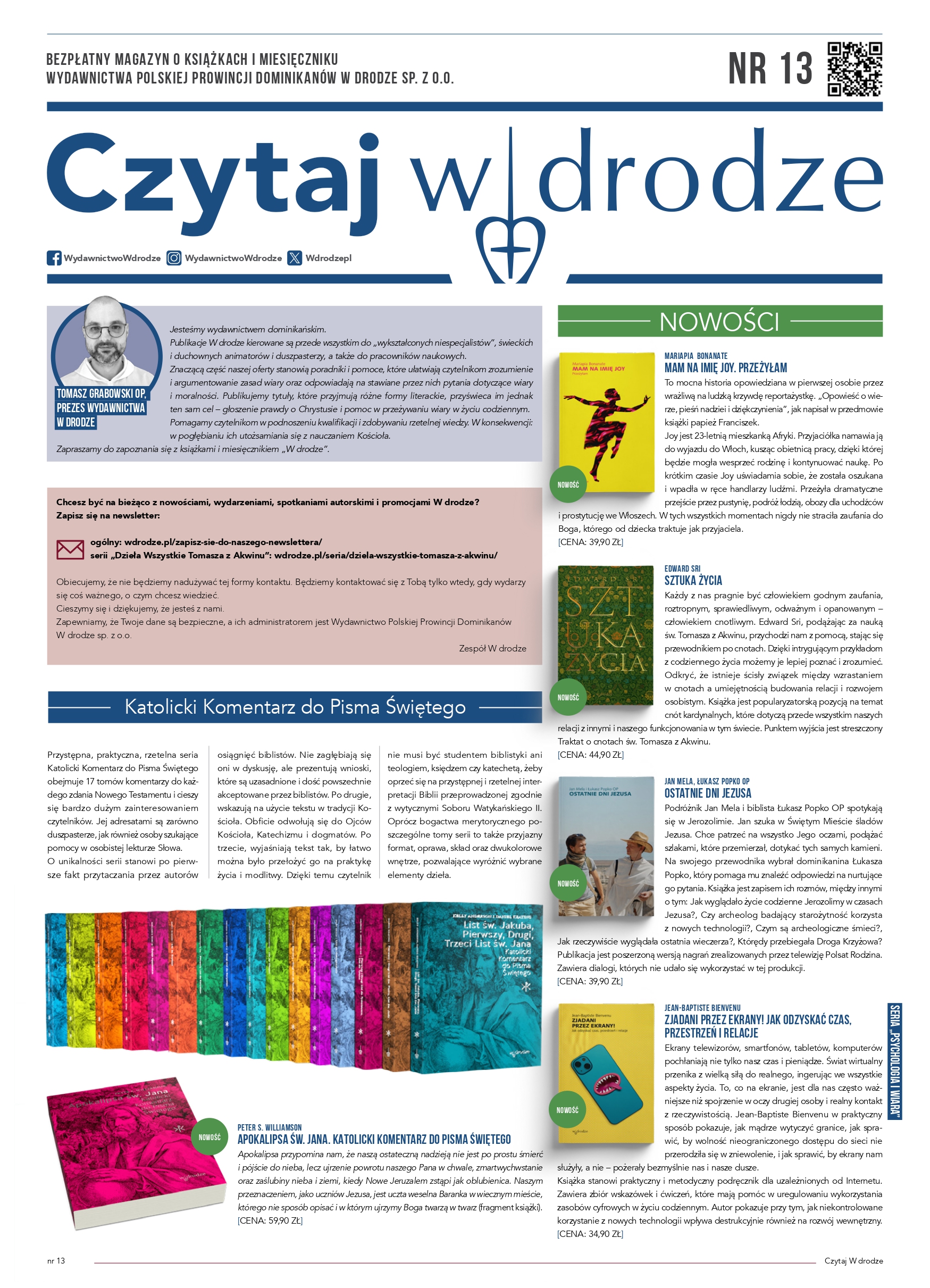
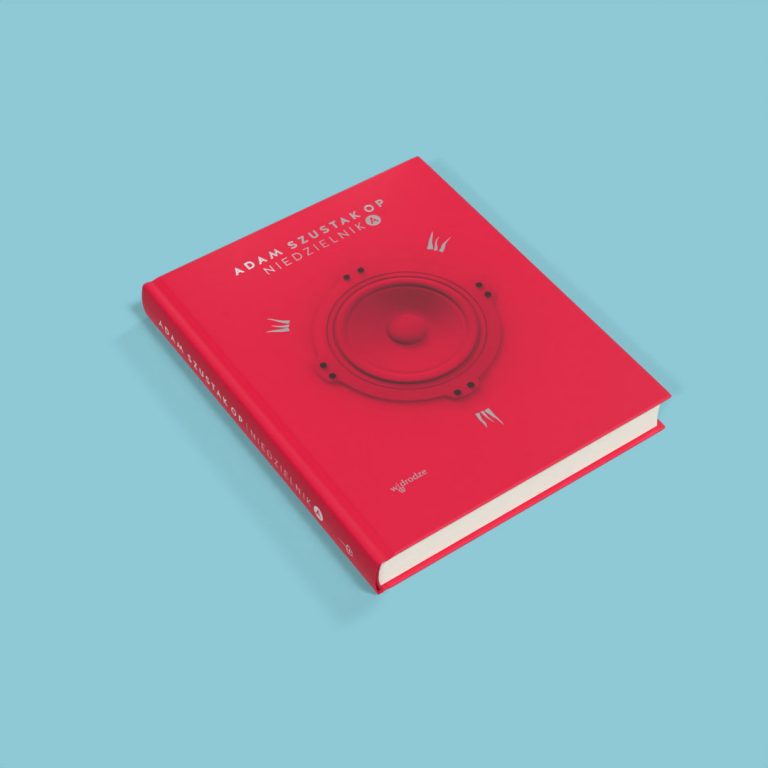



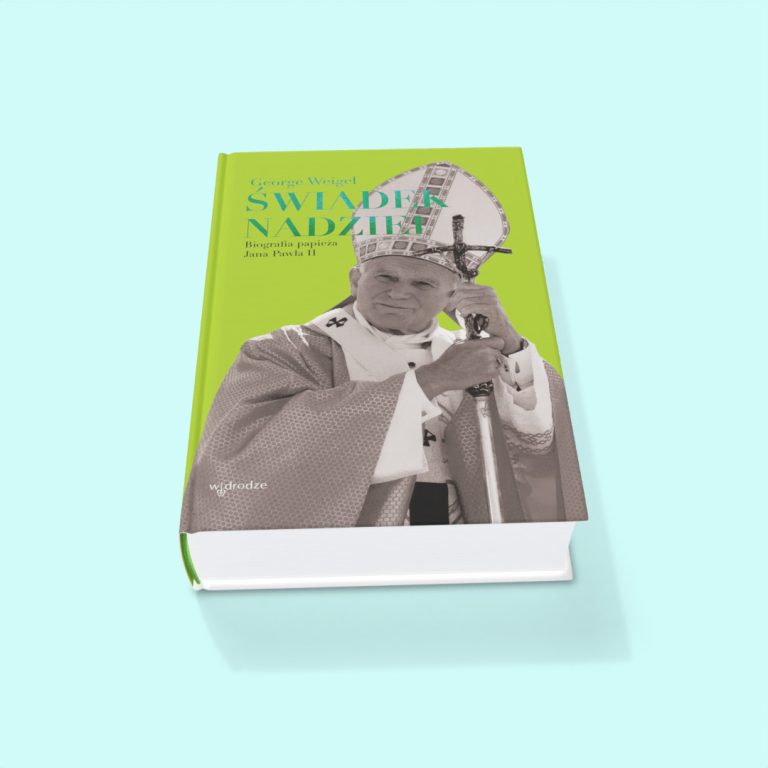
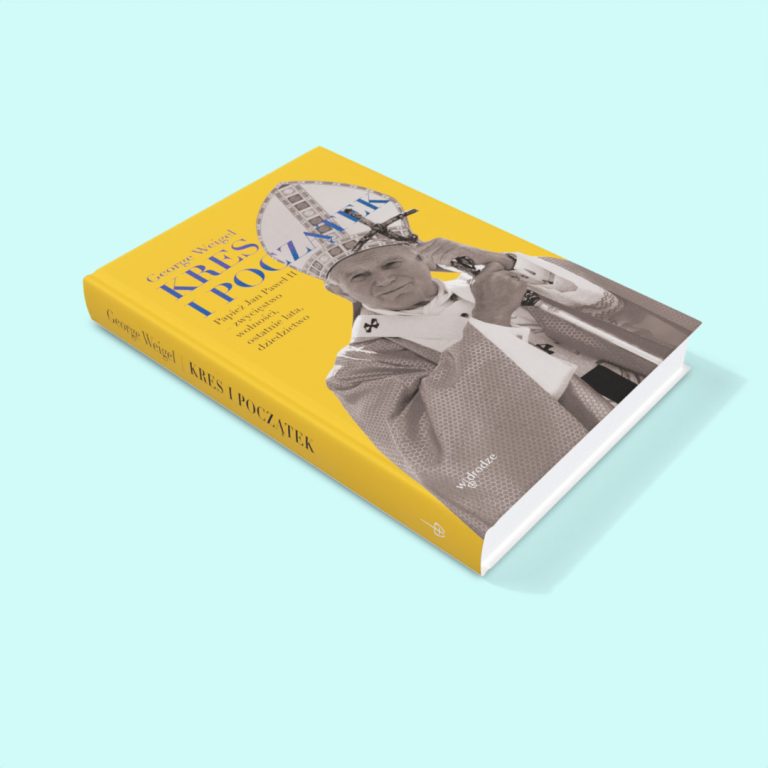
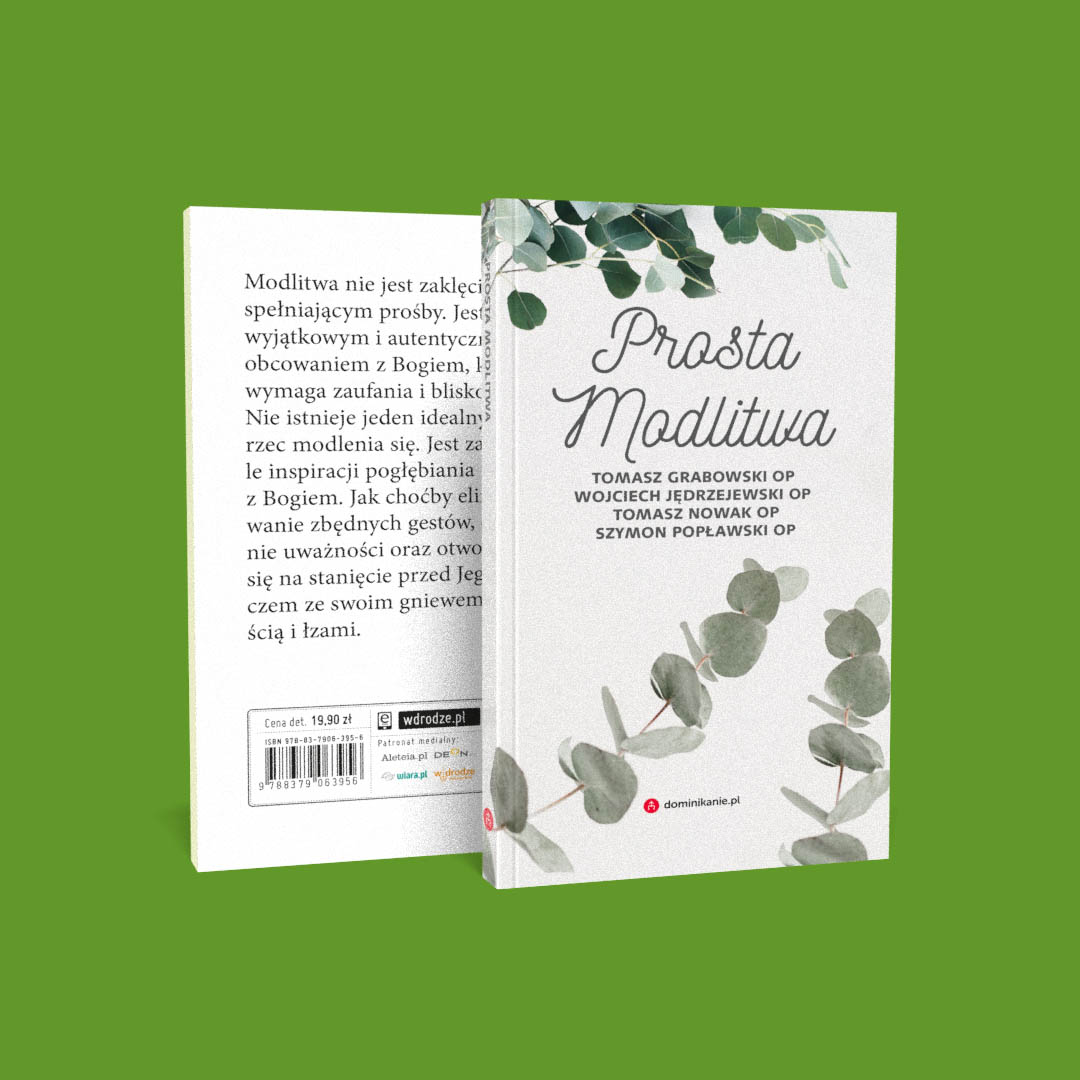

.jpg)
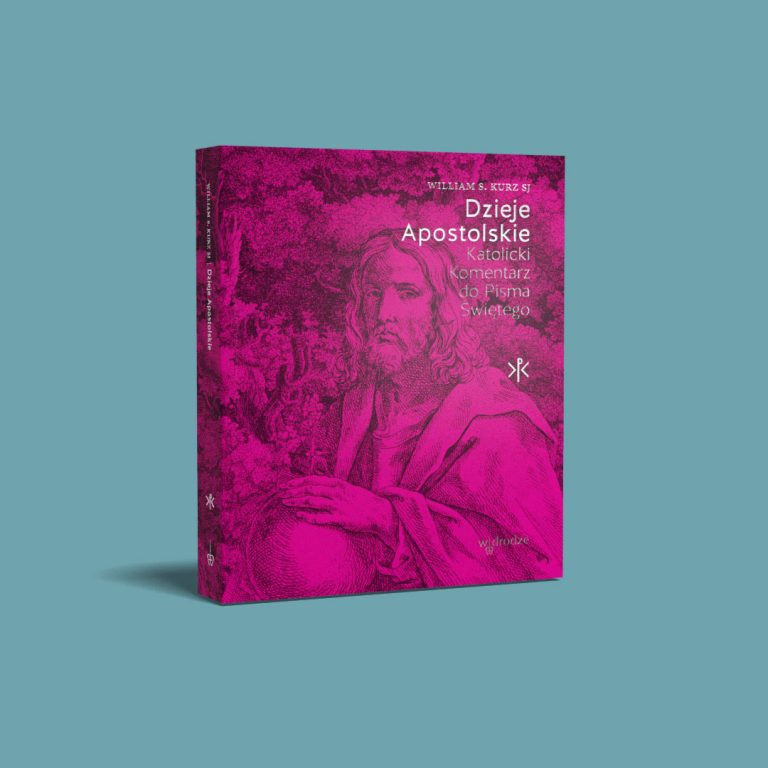







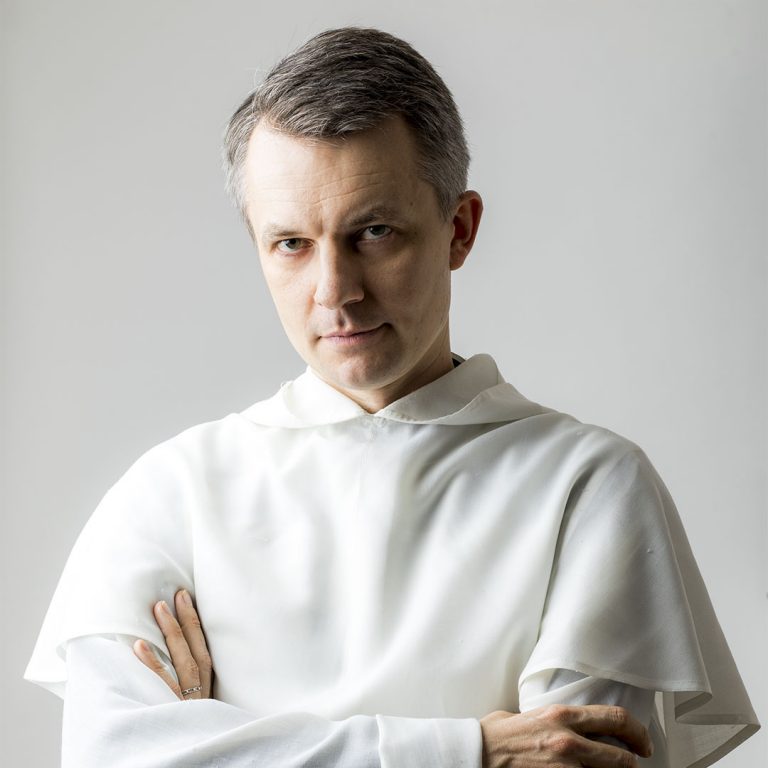





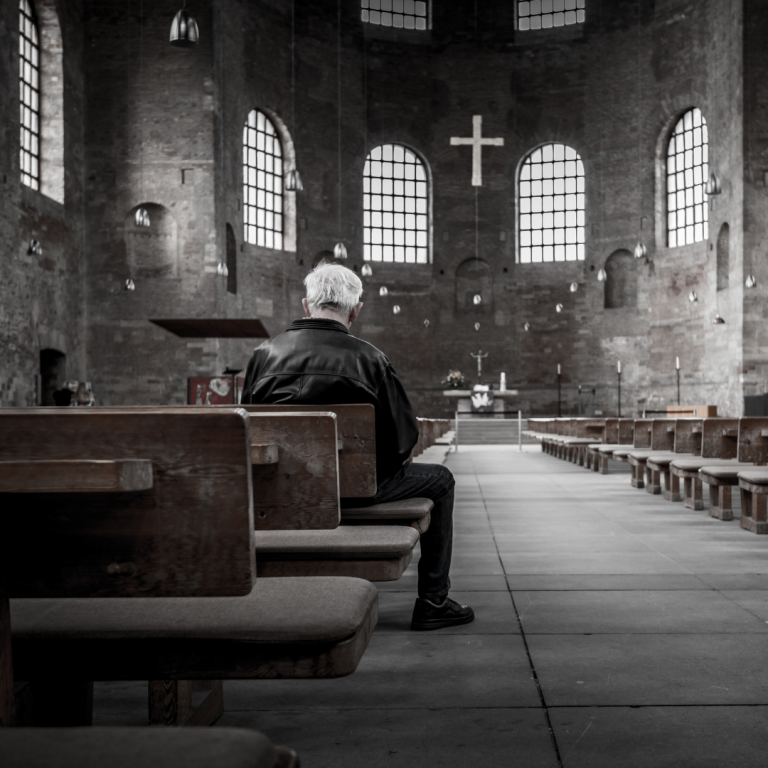









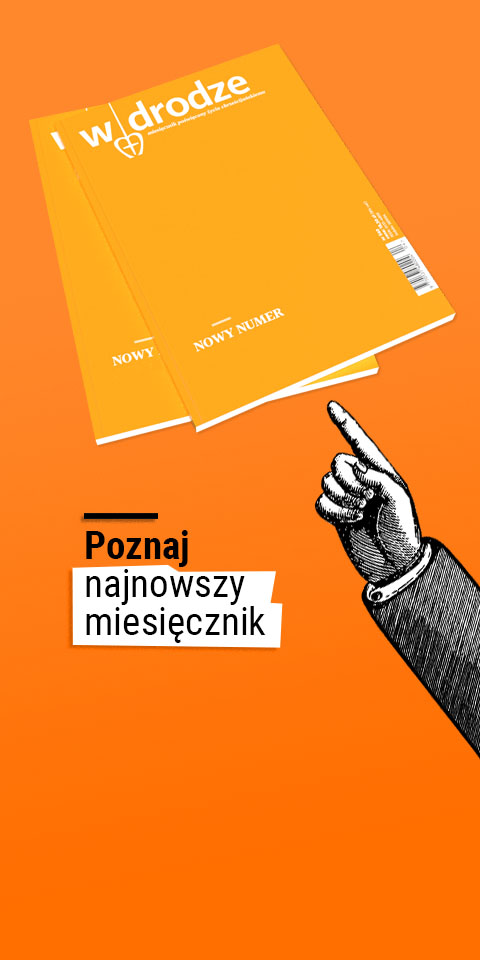

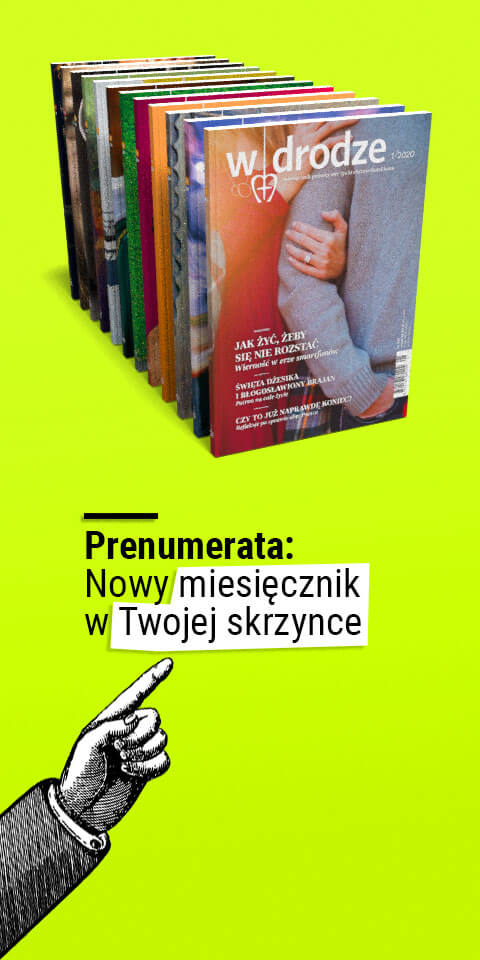




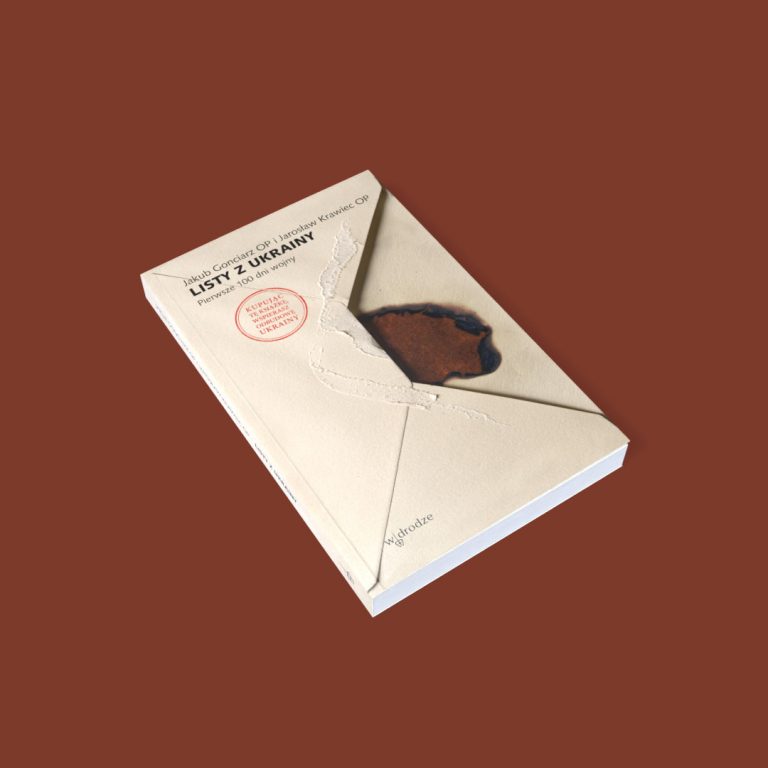
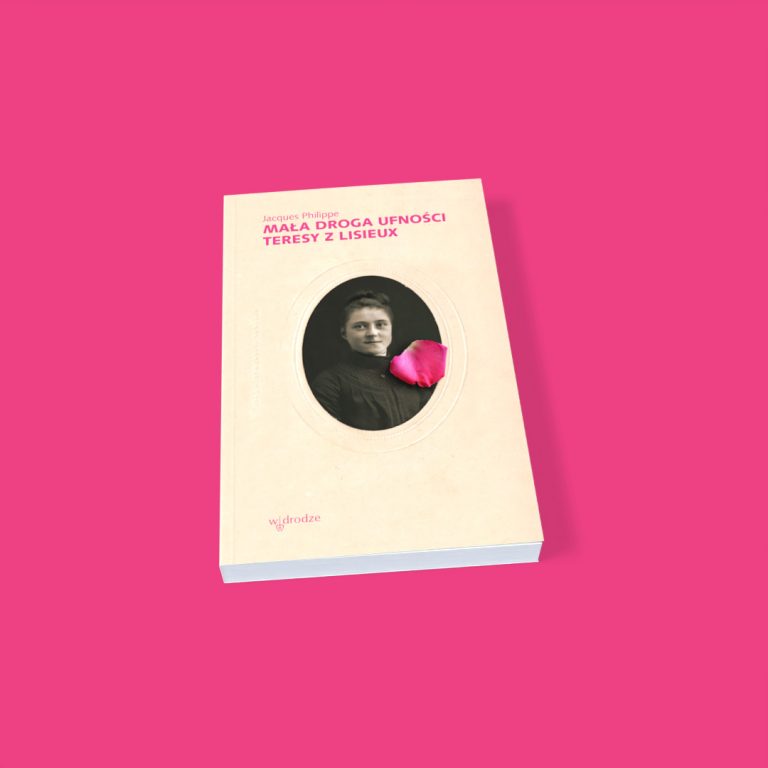
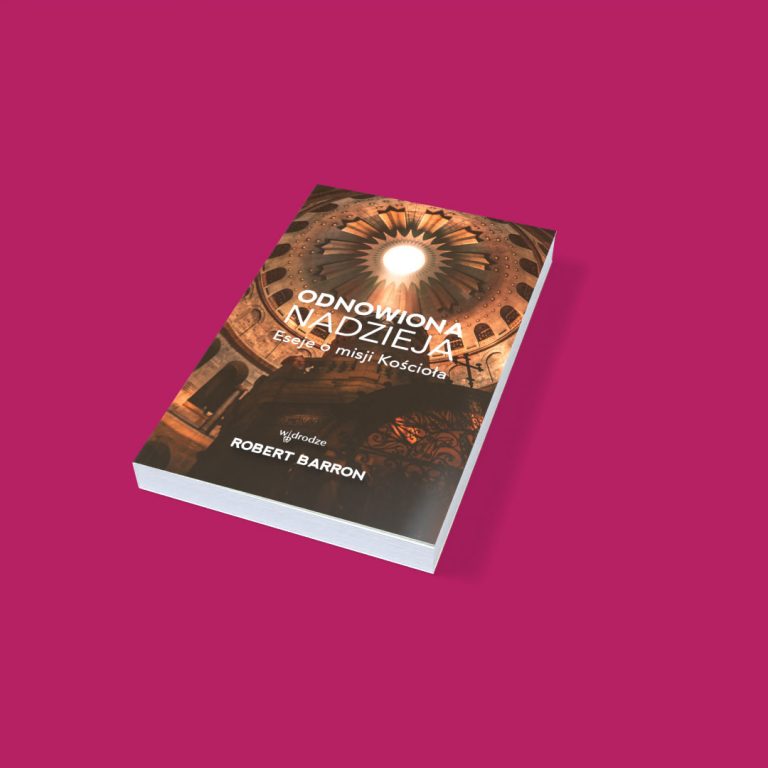
Oceń